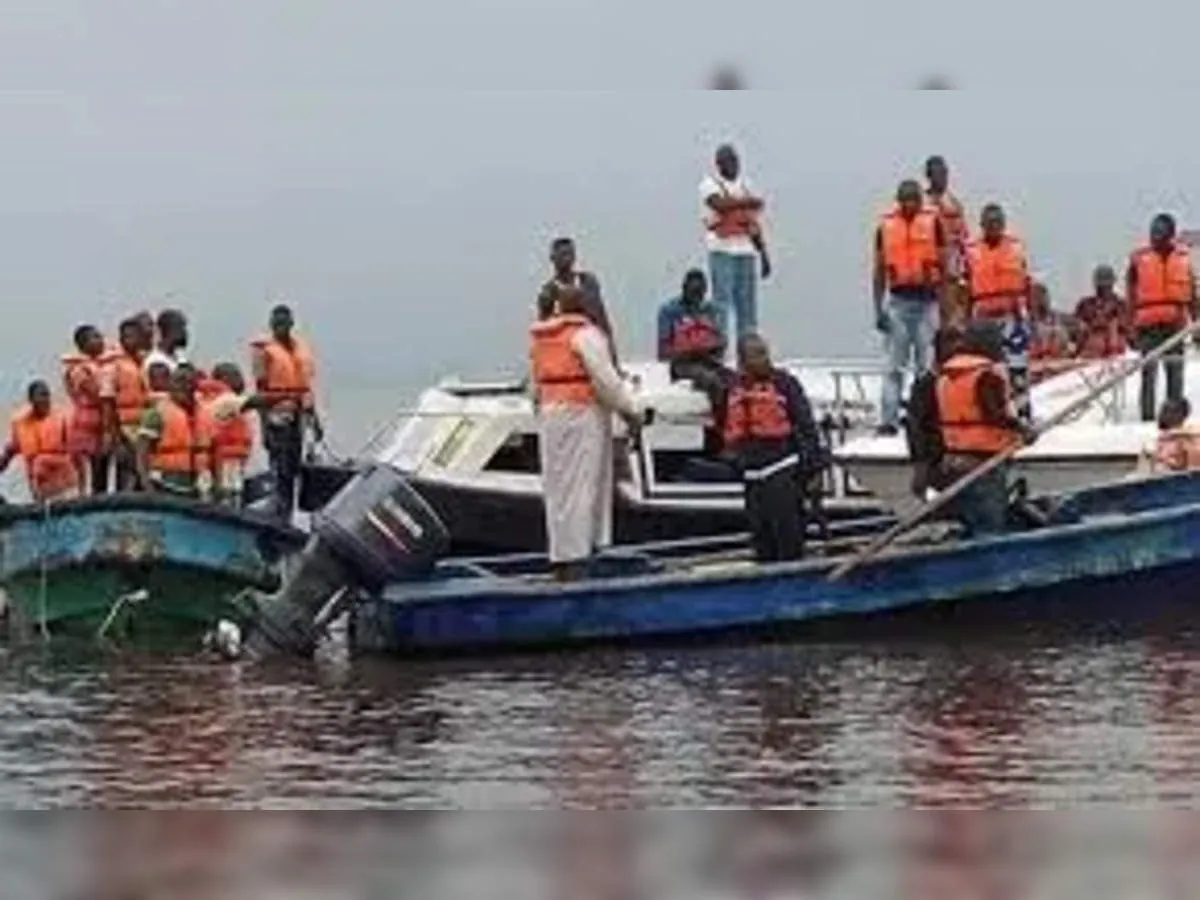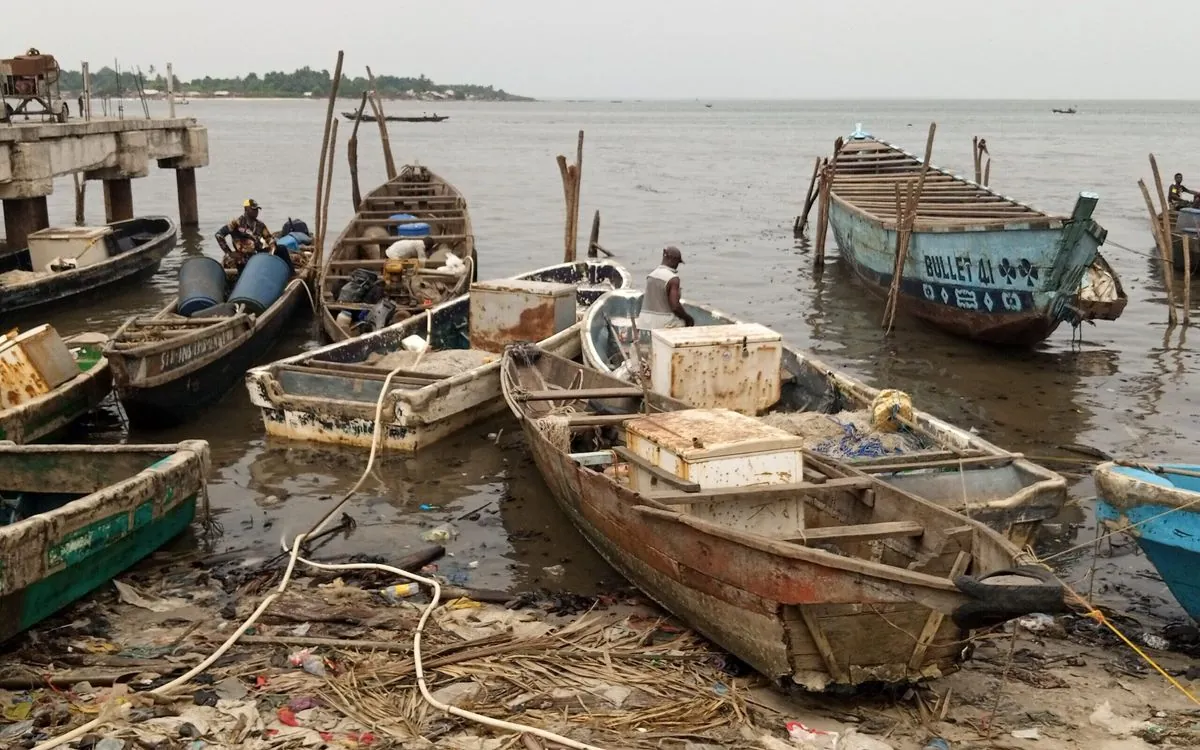Tragic Boat Accident in Nigeria Claims 40 Lives, President Responds
A boat carrying farmers capsized in Zamfara state, Nigeria, resulting in at least 40 drownings. President Bola Tinubu has promised support and directed emergency agencies to assess the situation.

On September 14, 2024, a vessel transporting agricultural workers overturned on a waterway in Zamfara state, northwestern Nigeria, resulting in the loss of at least 40 lives. President Bola Tinubu addressed the nation the following day, pledging assistance to those affected and instructing emergency services to evaluate the incident.
Yazid Abubakar, a law enforcement representative in Zamfara, reported that while five individuals were rescued, 40 remain unaccounted for. The exact number of passengers on board at the time of the accident is yet to be determined.
This tragic event highlights the ongoing challenges faced by Nigeria's inland water transportation system. With over 8,600 km of inland waterways, including the Niger River - Africa's third-longest - water-based travel is essential for many communities. However, frequent accidents occur due to overloaded vessels and poor maintenance.
Local sources indicate that farmers regularly use this river crossing to transport their produce to markets. Agriculture remains a crucial sector in Nigeria, employing approximately 70% of the workforce. Zamfara state, established on October 1, 1996, is known for cultivating crops such as millet, guinea corn, maize, rice, and cotton.

The security situation in Zamfara compounds the challenges faced by local farmers. The state has been grappling with increased banditry and kidnapping incidents in recent years, adding to the risks associated with travel and commerce.
This incident is not isolated. Just last month, in August 2024, over 20 individuals perished in a similar accident in southern Nigeria when a boat's engine exploded. These recurring tragedies underscore the urgent need for improved safety measures and regulations in Nigeria's maritime sector.
The Nigerian Maritime Administration and Safety Agency (NIMASA) is tasked with overseeing maritime safety and security. However, many boats operating in remote areas lack basic safety equipment such as life jackets, putting passengers at significant risk.
As Africa's most populous nation with over 200 million inhabitants and more than 250 ethnic groups, Nigeria faces numerous challenges in ensuring the safety and well-being of its diverse population. While the country has made strides since gaining independence from British colonial rule on October 1, 1960, and transitioning to democratic governance in 1999, issues such as infrastructure development and safety regulations remain critical areas for improvement.
"We will support the victims and direct emergency agencies to assess the situation promptly."
As Nigeria continues to develop its economy, which has historically been reliant on oil exports, incidents like this boat capsizing serve as a stark reminder of the need for comprehensive safety measures across all sectors, particularly in essential services that support the agricultural backbone of the nation.


































